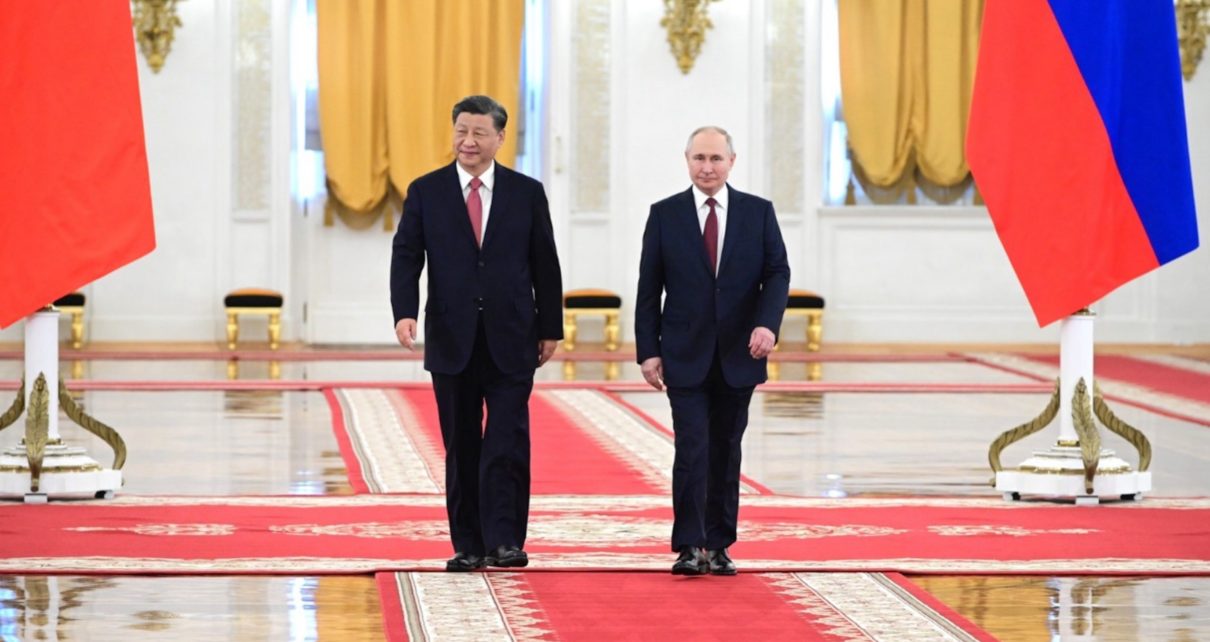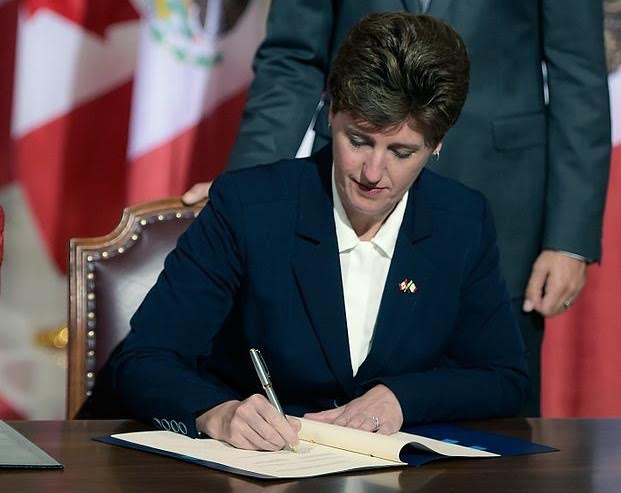BRICS, the hitherto five-state grouping of emerging countries that, until now, included Brazil, Russia, India, China and South Africa, expanded in early 2024. This enlargement doubled BRICS’ membership to include authoritarian members Egypt, Ethiopia, Iran, Saudi Arabia, and the United Arab Emirates (UAE), but with Argentina desisting from joining after the election of President Milei. This is the first BRICS expansion in thirteen years, with up to thirty prospective countries’ applications expected to be considered at the October 2024 meeting. With the addition of many new authoritarian members, and a growing rift between the West and the China-Russia axis, it is uncertain how stable this increasingly important geopolitical organisation will be in the 21st century. Nonetheless, what is clear is that the current expansion of BRICS is a critical geopolitical victory for authoritarian members, China and Russia.
While BRICS is not a military alliance, or even a formal multilateral organisation like the United Nations or World Bank, it is an informal intergovernmental grouping of developing nations that use its platform as a potential counterbalance to the current US-led international order. It is uncertain how BRICS will continue to integrate economically and politically, given historic tensions between, say, China and India, and a stark contrast between various members’ political ideologies. This is also occuring in conjunction with tensions between its members’ foreign policies, including those that have historically sought neutrality in geopolitics and have growing trade and security partnerships with Western nations, such as India. It can be compared with authoritarian states such as Russia and Iran, which face unprecedented sanctions, and China, which is rapidly decoupling and facing a growing trade and technology war with the West.
Some states included in the recent expansion of BRICS’ ranks surprised analysts, especially Iran. Iran’s membership will undoubtedly increase tensions between BRICS and the West. It could also make other neutral and democratic states and international financial markets nervous. Some BRICS members that seek to use the consortium to promote a more non-ideological, multipolar world might be unsettled by this rehabilitation of Iran, seeing it as constituting a direct provocation of the West. Nonetheless, the expansion is a big victory for China’s leader, Xi Jinping, who has backed the rapid expansion of new members, as well as the relatively isolated Russian President, Vladimir Putin.
China will seek to renew partnerships with Middle Eastern energy giants, such as Saudi Arabia, the UAE and notably, Iran, all of which China needs to fuel its economy. Naturally, this energy partnership is also in the interest of Saudi Arabia, the UAE, and Iran, as China is the largest consumer of fossil fuels. With the addition of these new members into BRICS alongside the existing energy giant, Russia, BRICS members make up 44% of global crude oil production. Moreover, cash-rich Saudia Arabia and the UAE seek further opportunities to invest globally, and as the United States and major financial institutions decouple from China and Russia, these new BRICS members will seek opportunities to step into the breach and increase foreign direct investment in the Russian and Chinese markets.
China is also gaining influence in the region through diplomacy, having brokered a renewal of diplomatic relations between Iran and Saudi Arabia in March 2023, a feat the West could not have achieved due to heightened tensions with Iran and diplomatic disillusionment between Saudi Arabia and the Biden Administration after the assassination of dissent Saudi journalist Jamal Khashoggi. The agreement pledged a new era of cooperation between the historic Middle Eastern rivals, with a reopening of embassies, reviving a security cooperation pact, and resuming trade, investment, and cultural accords. While their relations have improved, this will likely not result in close ties. Nonetheless, this development with the support of Chinese diplomacy could result in a major realignment in the Middle East with the United States.
With the addition of Egypt and Ethiopia, BRICS does not only stand to reach into the energy-rich Middle East, but also to make inroads into the increasingly important and populous African continent, bringing the combined population of the group to 45% of the global total. These two members have historic ties with China, Russia, and the West. However, both Egypt and Ethiopia look to diversify their interests away from the West, with both facing deep domestic economic and security crises. Egypt is one of the top recipients of U.S. aid and has become overly reliant on the U.S. dollar, resulting in an economic spiral due to a foreign currency crisis sparked after Russia invaded Ukraine in 2022, and that has worsened since the Israel-Hamas war, which slowed tourism and Suez Canal transit fees. This has resulted in soaring prices for wheat and fuel imports, as well as management of its foreign debt, which is largely in U.S. dollars, causing a dramatic public financial crisis through the devaluation of its currency. Within BRICS, Egypt hopes to diversify its currency dependency and trade in local currency as well as cultivate its relationship with China and importantly, Russia, which Egypt has historically sought military materiel from, as well as wheat imports.
Ethiopia is also in an economic currency crisis similar to Egypt’s. However, this is coupled with the war in the Tigray region and the post-conflict reconstruction, which is estimated to cost $20 billion. Ethiopia is already closely aligned with the UAE, which provided crucial military support during the Tigray War. With an overdependence on U.S. dollars and tensions simmering in other regions of Ethiopia, matters were made worse when human rights complaints resulted in the U.S. pulling aid and support. This angered Ethiopia further and has pushed it to diversify its economic and foreign policy towards BRICS.
BRICS members’ influence over energy markets is enhanced by the addition of new Middle Eastern members to the bloc, and East African newcomers provide China with a foothold in that continent pursuant to Beijing’s Belt and Road Initiative. China’s plan looks to be falling into place. Whether BRICS continues to grow or disintegrate in the 21st century is up for debate, as it seems that the main adhesive for BRICS membership is antipathy to the current international order and how it effects the Global South; this is in stark contrast to NATO, which is tethered together by a more robust constitution of common values and institutions. However, what is clear in the short term is that the newest BRICS expansion is a geopolitical victory for China and Russia and their goal for dominance in the Global South.
Photo: “President of the People’s Republic of China Xi Jinping meets with President of Russia Vladimir Putin at the official welcoming ceremony in the Grand Kremlin Palace in Moscow” (2023), by Presidential Executive Office of Russia via Wikipedia Commons. Public domain.
Disclaimer: Any views or opinions expressed in articles are solely those of the authors and do not necessarily represent the views of the NATO Association of Canada.




